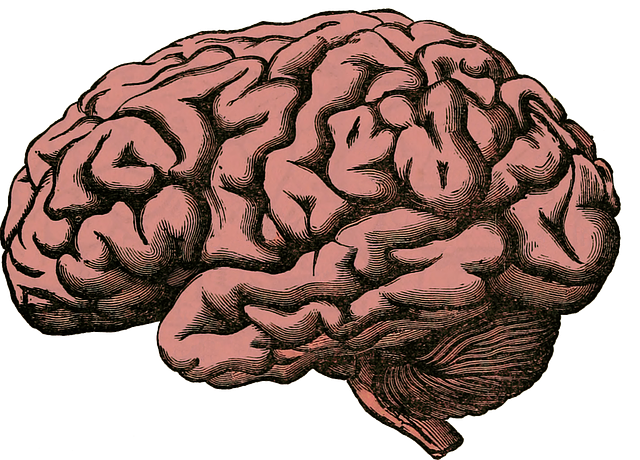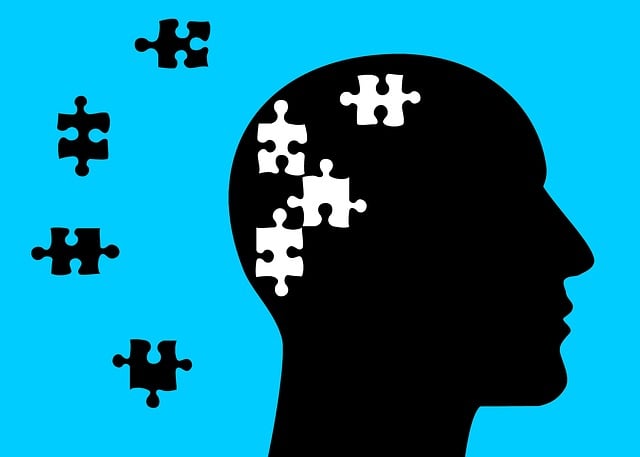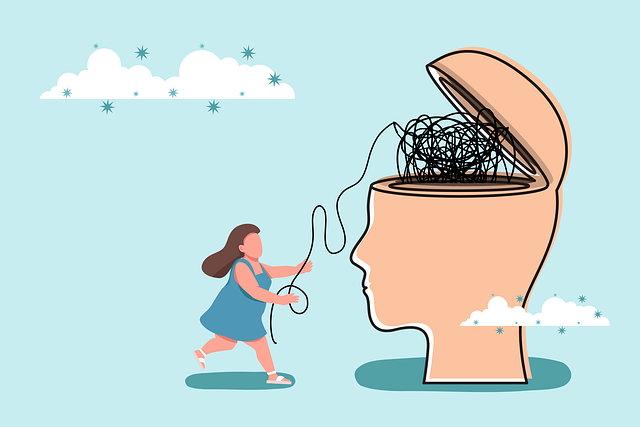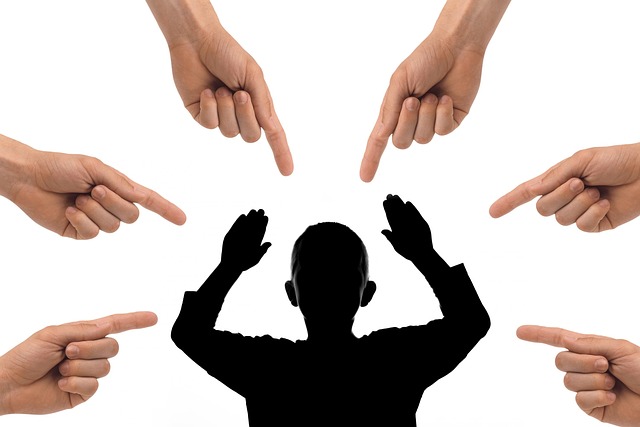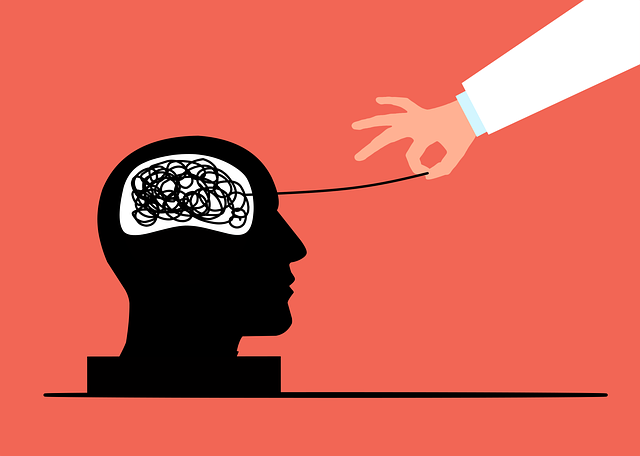Mental illness stigma significantly hinders access to care, especially for vulnerable children like those served by Parker Child Abuse Therapy. This barrier manifests in negative perceptions and discrimination, deterring open discussion and delaying essential treatment. Parker combats stigma through specialized programs, cultural competency training, and a non-judgmental environment, fostering emotional healing and resilience. Community education initiatives, policy changes, media representation, and personal narratives further dismantle these barriers, encouraging support and early intervention for improved mental health outcomes.
Mental illness stigma is a pervasive barrier that discourages individuals from seeking much-needed support. This article explores targeted efforts to reduce this harmful perception, focusing on understanding its profound impact on mental health seekers. We highlight innovative approaches like Parker Child Abuse Therapy, which provides safe spaces for vulnerable minds. Additionally, we discuss community education, policy reforms, and media representation as powerful tools in reshaping public perception. Personal stories of resilience and support further underscore the transformative potential of stigma reduction initiatives.
- Understanding Stigma: Its Impact on Mental Health Seekers
- Parker Child Abuse Therapy: A Safe Space for Vulnerable Minds
- Educating Communities: Breaking Down Misconceptions
- Policy and Media Representation: Shaping Public Perception
- Personal Stories: The Power of Sharing and Support
Understanding Stigma: Its Impact on Mental Health Seekers

Stigma surrounding mental illness is a significant barrier that many individuals face when seeking help for their psychological well-being. It often manifests as negative perceptions and stereotypes, leading to discrimination and isolation. This can be especially detrimental for vulnerable populations like children who have experienced abuse, such as those served by Parker Child Abuse Therapy. The impact of stigma can deter people from openly discussing their struggles, delaying access to essential care.
When individuals with mental health concerns feel stigmatized, they may internalize these negative views, further exacerbating their symptoms. This creates a cycle where the very act of seeking help becomes challenging. Mental illness stigma reduction efforts are crucial in fostering an environment where people feel accepted and encouraged to prioritize their mental wellness. Healthcare Provider Cultural Competency Training plays a vital role in this process by equipping professionals with the knowledge and skills to address and dispel stigmatizing attitudes, ensuring a supportive and non-judgmental approach to mental health care.
Parker Child Abuse Therapy: A Safe Space for Vulnerable Minds

In the ongoing struggle against mental illness stigma, Parker Child Abuse Therapy stands as a beacon of hope for vulnerable minds. This specialized service offers a safe haven where children and adolescents can access crisis intervention guidance tailored to their unique needs. By prioritizing emotional healing processes, Parker Child Abuse Therapy ensures that each individual receives comprehensive care in a supportive environment. The approach is rooted in the belief that early intervention and therapy can significantly impact long-term mental health outcomes.
Through specialized programs and trained healthcare provider cultural competency training, Parker Child Abuse Therapy breaks down barriers and fosters understanding. This proactive strategy not only helps individuals cope with current challenges but also equips them with essential tools to navigate future crises. By creating a non-judgmental space, the therapy encourages open communication, enabling emotional expression and healing. As a result, clients gain resilience and the confidence to pursue healthier, happier lives.
Educating Communities: Breaking Down Misconceptions

Educating communities is a pivotal strategy in reducing the stigma surrounding mental illness. By implementing programs that focus on raising awareness and dispelling misconceptions, we can foster an environment where individuals feel understood and supported. This approach, often led by mental health professionals like those at Parker Child Abuse Therapy, plays a crucial role in encouraging people to seek help without fear of judgment or discrimination.
Through workshops, seminars, and interactive sessions, communities can learn about various mental health conditions, their causes, symptoms, and available treatment options. Educating folks on the fact that mental illness is not a personal failing but rather a medical condition akin to physical ailments, helps reduce the stigma. Additionally, teaching stress management techniques, promoting depression prevention strategies, and offering anxiety relief methods can empower individuals to take charge of their mental well-being.
Policy and Media Representation: Shaping Public Perception

Policy and media representation play a pivotal role in shaping public perception about mental illness. Comprehensive policies that advocate for equal access to quality mental health services can significantly reduce stigma. Organizations like Parker Child Abuse Therapy are at the forefront of this movement, championing initiatives aimed at destigmatization through education and support. By integrating mental wellness coaching programs and self-care practices into risk management planning for mental health professionals, these entities foster a culture of understanding and empathy within communities.
Media outlets have a comparable influence on public discourse. Responsible reporting that focuses on the humanity of individuals living with mental illness, rather than perpetuating stereotypes, can contribute to a more accepting societal atmosphere. This shift in narrative encourages open conversations, fosters support systems, and ultimately reduces barriers to seeking help. Such efforts complement policy changes, creating a holistic approach to stigma reduction that benefits both individuals affected by mental health issues and the broader community.
Personal Stories: The Power of Sharing and Support

Personal stories have an incredible power to break down barriers and challenge stigmas surrounding mental illness. When individuals openly share their journeys, they create a sense of community and support for others facing similar challenges. This act of vulnerability can be transformative, fostering empathy and understanding on a profound level. Many people struggle in silence, feeling isolated and ashamed, but hearing about someone else’s experience with anxiety, depression, or trauma through therapy, like that offered by Parker Child Abuse Therapy, can offer validation and hope.
Support networks are vital for recovery and resilience. By sharing their stories, individuals not only help others feel less alone but also contribute to a broader mental health policy analysis and advocacy movement. This collective voice challenges societal norms, encourages healthcare provider cultural competency training, and promotes the idea that seeking help is a sign of strength. It inspires confidence-boosting initiatives, ensuring that those with mental health concerns are met with compassion and accessible resources.
Mental illness stigma reduction is a multifaceted approach, as demonstrated by initiatives like Parker Child Abuse Therapy. By creating safe spaces, educating communities, shaping policy, and encouraging personal narratives, we can foster a more inclusive society that supports mental health seekers. Efforts to break down misconceptions and challenges must continue, emphasizing the importance of empathy and understanding. In this journey towards destigmatization, every step counts, ultimately paving the way for improved access to care and enhanced well-being for all.


